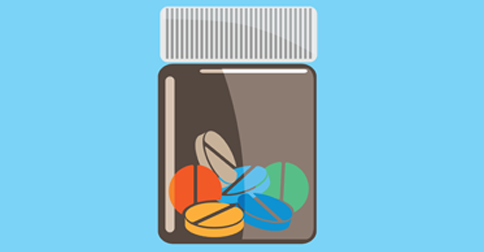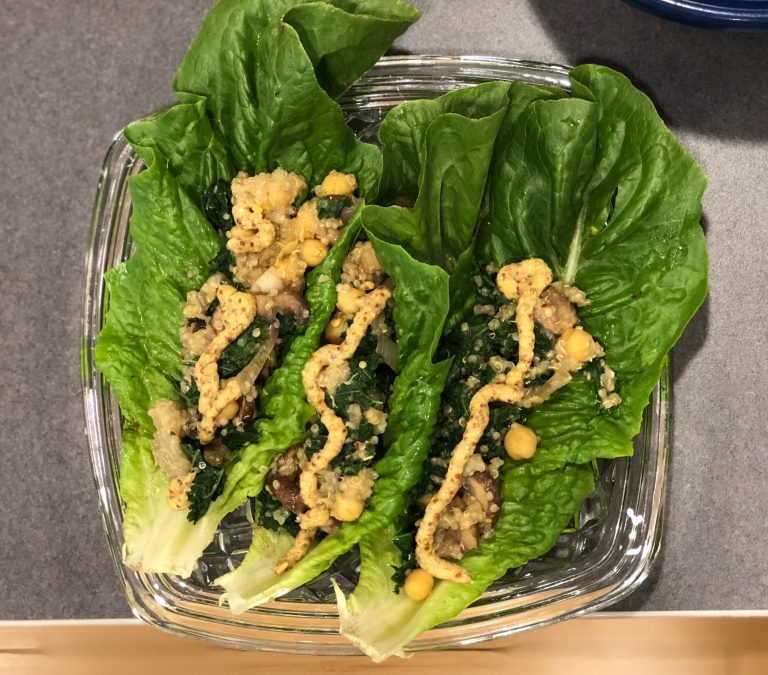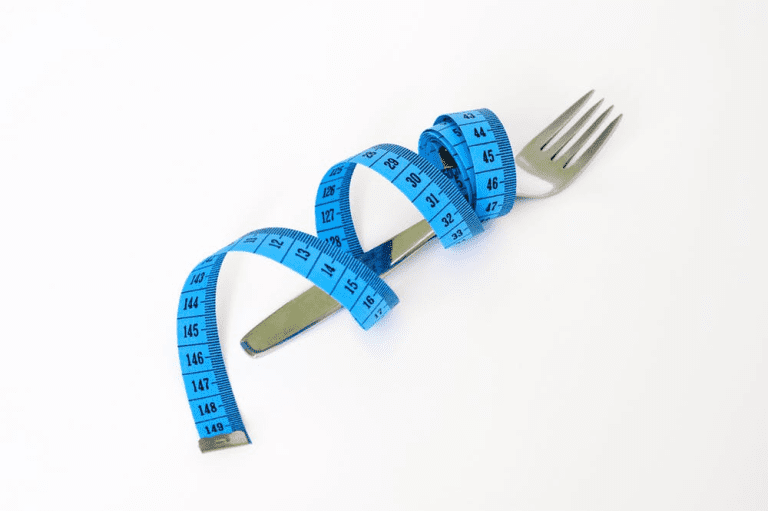The 5 Supplements that You Should (Probably) be Taking Every Day
By Michael Dangovian
September 6, 2016

To start, let me start with a disclaimer: This post is about supplements I generally recommend to my patients.
However: You shouldn’t take anything, let alone a supplement, without seeking your physician’s advice first. So, do that. The following list is what I see every day in my practice as common deficiencies in the modern American diet.

Vitamin D
What does it do?
Vitamin D is necessary for strong bones, helps promote heart health and aid against other diseases, clear skin, and aids in regulating blood pressure.
Where’s it found?
The sun. Animal products. Mushrooms.
All three of which aren’t necessarily good for you.
What happens if you don’t get enough?
If you don’t get enough, you die. But only usually only after you develop one or more of the following: cardiovascular disease, cognitive impairment in older adults, severe asthma in children, and cancer.
What should you know if you’re taking it?
Make sure you choose a formula that’s not petroleum based. That goes for all supplements by the way.
Magnesium
What does it do?
Magnesium serves a role in over 400 processes in the human body. That’s a lot of processes. A short laundry list: Regulating muscle and nerve function, blood sugar levels, and blood pressure and making protein, bone, and DNA.
Where’s it found?
Dark leafy greens, nuts, seeds, fish, beans, whole grains, avocados, yogurt, bananas, dried fruit, dark chocolate, and more.
What happens if you don’t get enough?
Bad stuff:
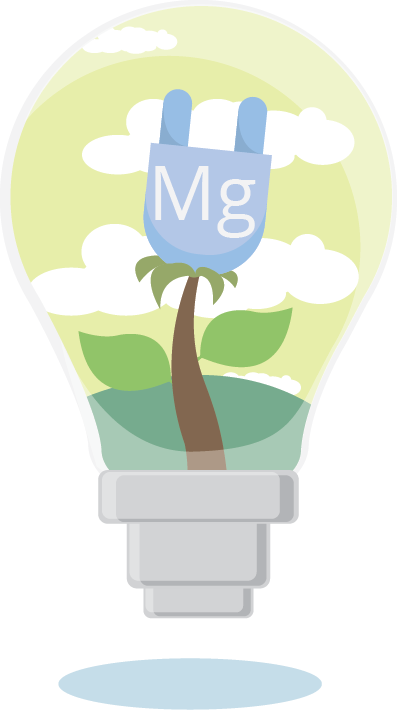
The early signs of not having enough magnesium in your diet are loss of appetite, nausea, vomiting, fatigue, and weakness. As the deficiency gets worse you’ll start getting numbness, tingling, cramps, seizures, personality changes, heart palpitations, and coronary spasms. Severe magnesium deficiency leaves your body unable to process calcium and potassium.
What SHould you know if you’re taking it?
Recommended daily allowance is 400 – 420 mgs per day for men, 310-320 mgs for women.
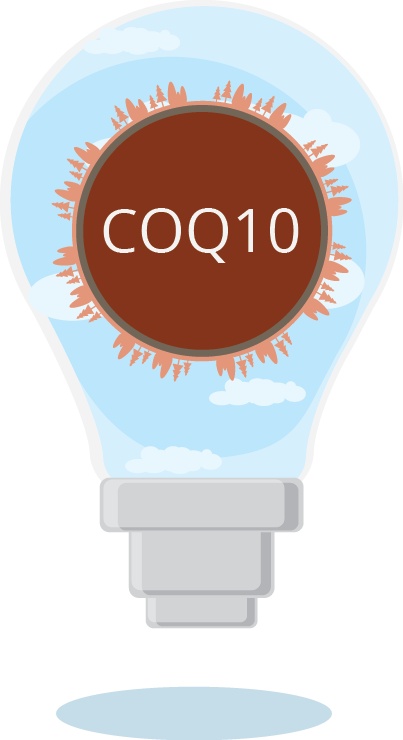
CoQ10
What does it do?
CoQ10 is a naturally occurring antioxidant that’s necessary in the creation of adenosine triphosphate (ATP), which helps direct energy within the creation of your body’s cells. In short – it’s your energy!
Where’s it found?
Although it occurs naturally in the body, sometimes (usually because of poor dietary habits) you don’t produce enough. CoQ10 is especially important if you’re on a statin. Statins deplete CoQ10 levels.
What happens if you don’t get enough?
More bad stuff:
Heart failure, chest pain, and high blood pressure.
What SHould you know if you’re taking it?
For most people, having the proper balance of CoQ10 in the body will help you feel more energetic.
Probiotics
What do They do?
They’re bugs, essentially. Good bugs. Your gut has trillions upon trillions of these little bacteria and yeasts and their presence in there is essential to your life. Think of it this way: These guys are responsible for keeping your gut healthy. Your gut’s role in your health is rivaled only in importance by your brain. That’s how important probiotics are.
Where Are They found?
They occur naturally in your digestive system. Among other places. A great place to get them in your diet is from (real, non processed) pickles, sauerkraut, fermented vegetables, and kombucha.
What happens if you don’t get enough?
Once again: Bad stuff.
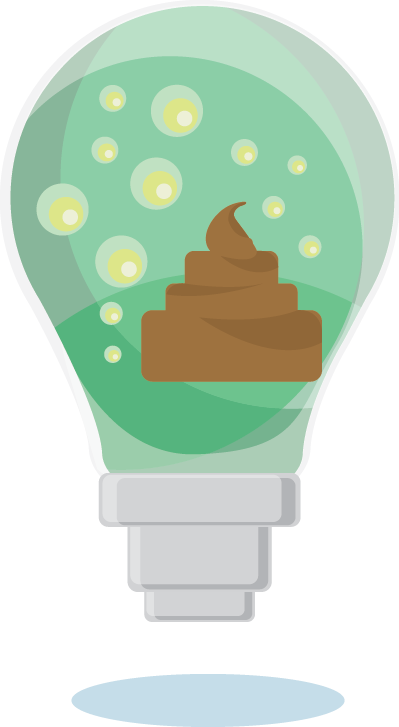
Microbial gut imbalances have been linked to tons of autoimmune diseases, including but not limited to Crohn’s disease, Meniere’s disease, rheumatoid arthritis (RA), psoriasis, inflammatory bowl disease (IBS), Type 1 Diabetes, Celiac disease, and Grave’s disease, just to name a (horrific) few.
What Should you know if you’re taking it?
It’s always best to get what you can from your diet (see above). If you need a supplement, make sure there’s a list of ingredients on the label. You don’t want any harsh chemicals. You also want them to be a fresh as possible, given that these things are alive and tend to lose potency over time.
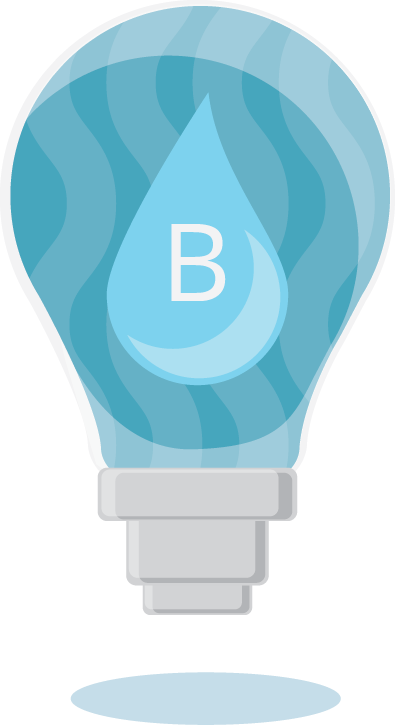
B Vitamins
What do They do?
B Vitamins—specifically B1, B2, B3, B5, B6, B7, B9, B12—serve as an essential catalyst in your body’s process of converting food into energy. I’m not sure what B’s 4, 8, 10, or 11 did wrong to get kicked out of the club.
Where are they found?
B vitamins are found in whole, unprocessed foods.
What happens if you don’t get enough?
A B Vitamin deficiency can cause peripheral neuropathy, seborrheic dermatitis, glossitis, and cheilosis, and, in adults, depression, confusion, and seizures. Which all sound terrible.
What Should you know if you’re taking it?
Each of the B vitamins do different things.
Here’s a handy chart from Wikipedia with the details:
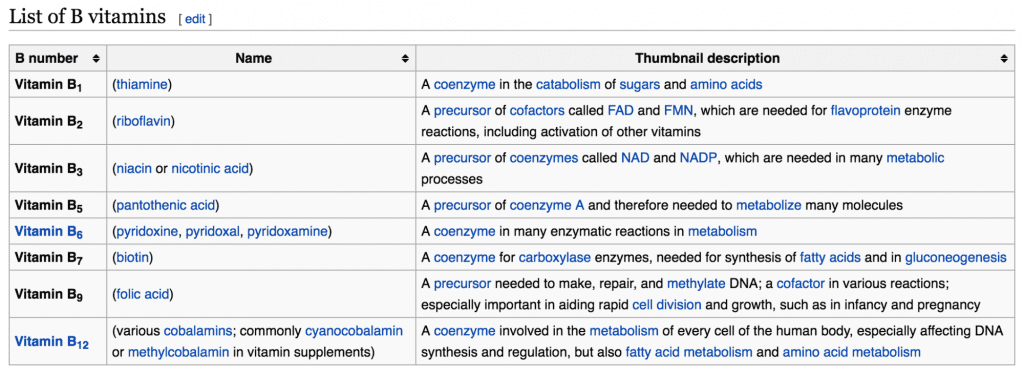
Wrapping Up
Given our culture’s current and collectively terrible diet, supplements are often necessary. The rule of thumb, though, is to get as many nutrients as possible through a good diet. Put simply, eat good foods, breathe good air, and develop other healthy habits.
If you have questions not answered here, we have decades of experience with this stuff. We even have our own white labeled line of supplements, which have been vetted to make sure they are very clean, and very effective. Send along your questions here, call us at (586) 554-7515, or come to a FREE Wellness Dinner Seminar!

